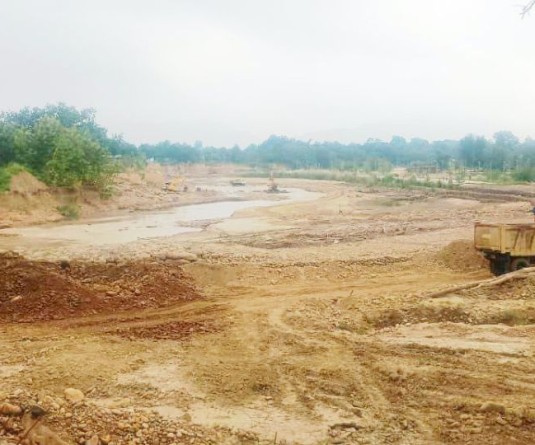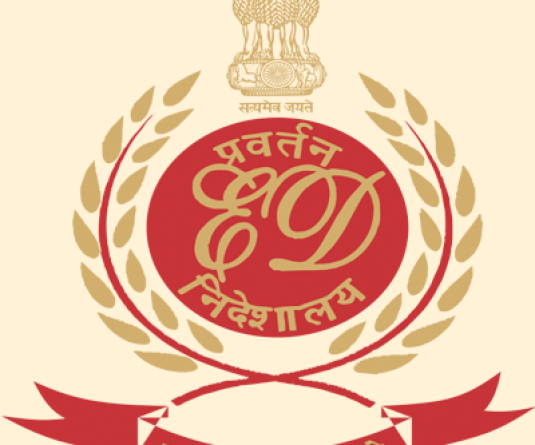Phutoli Chingmak and Mmhonlumo Kikon addressing the 12th Morung Lecture organized on February 9 at Don Bosco’s IDL Hall, Riverbelt colony, Dimapur. (Morung Photo by Soreishim Mahong)
.jpg)
Morung Express News
Dimapur | February 9
‘A change for the better’ has by and large remained a recurring theme in the contemporary discourse in Nagaland. The chorus for change however seem to dissipate no sooner than when it comes to the crucial question of how?
The chinks are all too evident yet reversing the wrongs continues to evade the state.
With that in context, The Morung Express sought to revisit the topic in the 12th Morung Lecture organized on February 9 at Don Bosco’s IDL Hall, Riverbelt colony, Dimapur.
It brought together two personalities from two different professional fields engaging an audience in an interactive two-hour long discussion with Imagining 2019 as the underlying theme. In the spotlight were Phutoli Chingmak, a grassroots development activist with backgrounds in law and theology and also a co-founder of the Eleutheros Christian Society; and Mmhonlumo Kikon, legislator and Advisor for IT, Science & Technology, NRE.
While the state has in place seemingly good development-oriented policies, it has seldom reflected on the ground.
According to Phutoli and Kikon, a web of factors from top to bottom invariably came into play that contributed to the state failing to meet its policy targets.
The challenges, they maintained, are as obvious as teachers and medical professionals officially posted to the villages but not attending to their duties.
A person not attending to his or her job but drawing salary and diligently giving the monthly tithes is more an ethical question than paradoxical, Kikon said.
Referring to education, Phutoli said, “Primary education in the rural areas is something we have to seriously focus on.” On the other hand, she said that the government has many qualified/trained primary teachers that many private schools do not have.
Kikon referred to “wrong decisions of the past” to reverse which a lot of time and resources are being wasted. He though chose not to point out when. Mismanagement of grassroots infrastructure or rather the lack of dedicated checks and balances in governance has been another major contributing factor, he said.
Decision-making and funding based on tribal affiliation has tilted the scales in favour of a few with Kikon claiming that 30 percent of the population are enjoying 70 percent of the privileges. “Tribalism impacting development is blatant. We need to stop this.”
According to Phutoli, money or mismanaging funds has been a major factor to influencing development at the grassroots, while the common village folks cannot challenge the village authority.
Citing Communitisation, Kikon said that it has been a brilliant concept designed to address the needs of the people. However, he said that people find no wrong in diverting NREGS funds to pay power bills of the village.
Asserting times are changing, he called for a review of the communitisation policy as in “where it has worked and where it has failed.”
“The solution is to either make (development) policies work or review them” in partnership with the people, who are the target of the policies, he said.
According to Phutoli, change can happen from the grassroots to the top. “I think we have a responsibility together. The community can impact policy making. It can happen from the grassroots to the top.”


.jpg)



